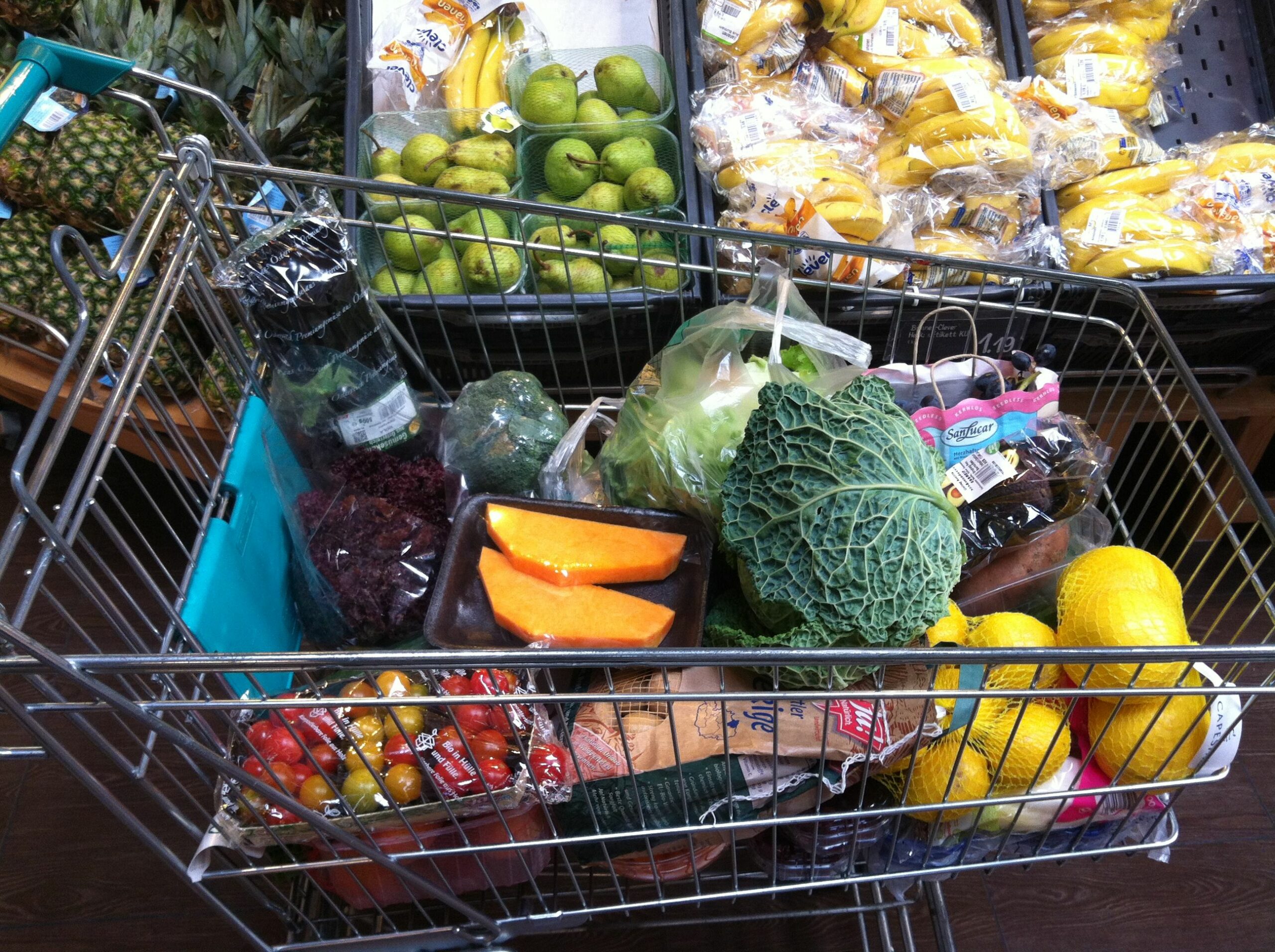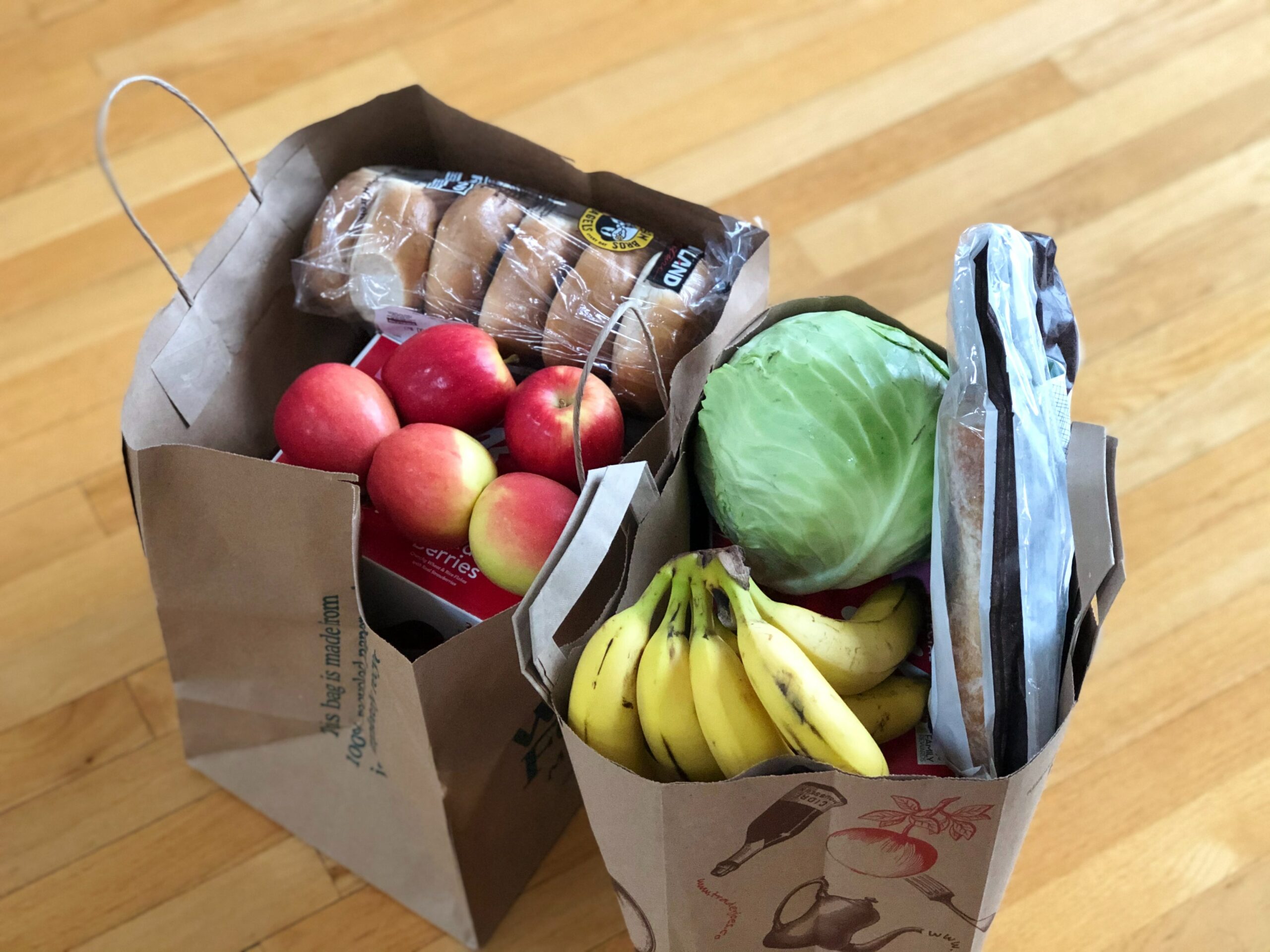As inflation continues to rise and put a strain on many residents’ finances, the City of Boulder, Colorado, has announced a food tax rebate program that will provide some relief to those struggling to make ends meet.

Up to $302 Food Tax Rebate application will begin in 24 hours. (Photo: CNET)
Food Tax Rebate Application and Eligibility
Starting on March 1, 2023, eligible residents can apply for a food tax rebate of up to $302. To be eligible for the rebate, applicants must have lived in Boulder for the entire year of 2022 and have a gross income of no more than $25,000 for individuals or $50,000 for households. They must also have spent at least $500 on groceries within Boulder city limits during the year.
In a published article in The U.S. Sun, the rebate application process will run from March 1st to June 30th, 2023. Applications can be submitted online or in person at the Boulder Municipal Building. Applicants must provide documentation of their income and grocery purchases, such as receipts or bank statements.
The food tax rebate program is an effort by the city to help residents cope with the rising cost of living, especially the cost of food, which has been affected by inflation. The program is designed to provide some relief to those who need it most, and it is hoped that it will make a significant difference in the lives of those struggling to make ends meet.
READ ALSO: SNAP Benefits: Hot Food Are Now Available In Some States
What is the Aim of the Food Tax Rebate?
The program is also an opportunity for the city to demonstrate its commitment to its residents and address the impact of inflation. By offering financial assistance to those who need it most, the program helps ensure that everyone has access to the basic necessities of life, regardless of their income level, according to Daily Nation Today.
The food tax rebate program is an excellent initiative by the City of Boulder, Colorado, to fight inflation and provide financial assistance to residents who need it most. For eligible residents, this program offers a much-needed lifeline to help them weather the challenges of the current economic climate.
READ ALSO: This Year Estimating Tax Refunds Might Be Hard To Identify




















